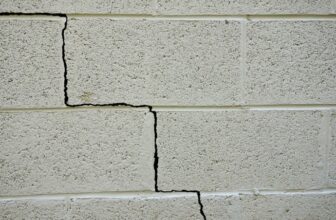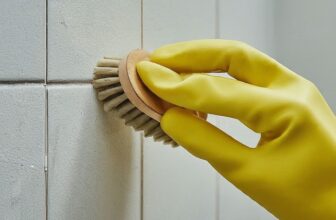
Mold In Your Shop? Protect Staff And Customers From These Ailments
Health Problems Caused By Mold Exposure. Mold is a complicated problem for property owners. Often invisible and sometimes harmless, mold grows in damp conditions and is often an indicator of serious water damage. But what happens when your property houses a toxic kind of mold? When that happens, employees and customers can suffer serious health problems resulting from exposure and you may be liable for their illnesses.
Mold-Related Illness
Individuals can suffer mold-related ailments for several different reasons, depending on the type of mold present in an environment. On the mild end, your property may house allergenic mold, which can cause a reaction in some individuals, particularly children and those with asthma. Many people with mold allergies don’t even know that they have them and they’re often lumped in with other environmental allergies. Another class of molds, pathogenic molds, can sicken some people, but are especially hazardous to immunosuppressed individuals. When we talk about mold-related illness, though, we are generally talking about toxigenic mold.
Toxigenic molds can cause serious respiratory illness and have even been linked to immunosuppression and certain forms of cancer, and while the category includes many types of mold, the most worrisome type is stachybotrys. Stachybotrys is what’s popularly referred to as “black mold” and can cause mold poisoning, characterized by coughing, itchy skin and eyes, headaches, colds, and even neurological symptoms like numbness in the extremities and anxiety. It’s important to note that not all mold that is black in appearance is toxic “black mold.”
Identifying Mold Problems
There are countless reasons why a property might have water damage and mold; with improper plumbing and extreme weather such as flooding and hurricanes among them. And if you detect mold, it’s important to look further. That’s because where there’s mold, there’s often infrastructural water damage, such as rotting.
To repair your property, you’ll need to focus on two primary areas: water damage restoration, which emphasizes dehumidifying, removing water, and drying flooded areas, as well as mold remediation, which includes both containment and elimination. Mold remediation should always be done by a professional because of the hazards involved; and because if mold removal is incomplete, it will continue to spread. If that happens, you’ll be back at step one and facing the same health risks all over again.
A Public Health Crisis
Wherever it occurs in a public location, mold can cause a serious public health crisis, as evidenced by high-profile cases of “sick building syndrome,” such as that currently gripping Florida’s Flagler County Sheriff’s Office Operations Center. There, detectives began reporting skin rashes, hives, and other health problems beginning in November 2017; leading the county to investigate the structure – where they found multiple types of mold. Almost 18 months later, the building remains in limbo while the county decides whether to demolish it or rehabilitate it; 37 employees formerly stationed there have filed workers’ compensation claims.
Flagler’s detectives and sheriff’s office employees are hardly alone in their health problems; and Florida is especially susceptible to mold issues because of the hot, humid environment; but their struggle underscores the bigger issue. Wherever there is mold, there’s trouble, and property owners must act. The longer staff and clients are exposed to mold; the more likely they are to become ill and the harder you’ll have to fight to eradicate mold and make your building safe again.




